Interreg GO!: Shaping the future of European cooperation
For 35 years, Interreg has helped regions and people work across borders. On 27-28 March 2025, the Interreg GO! event in Gorizia and Nova Gorica starts a new phase of cooperation. Join us to reflect on the past and plan for the future of Interreg from 2028 to 2034.
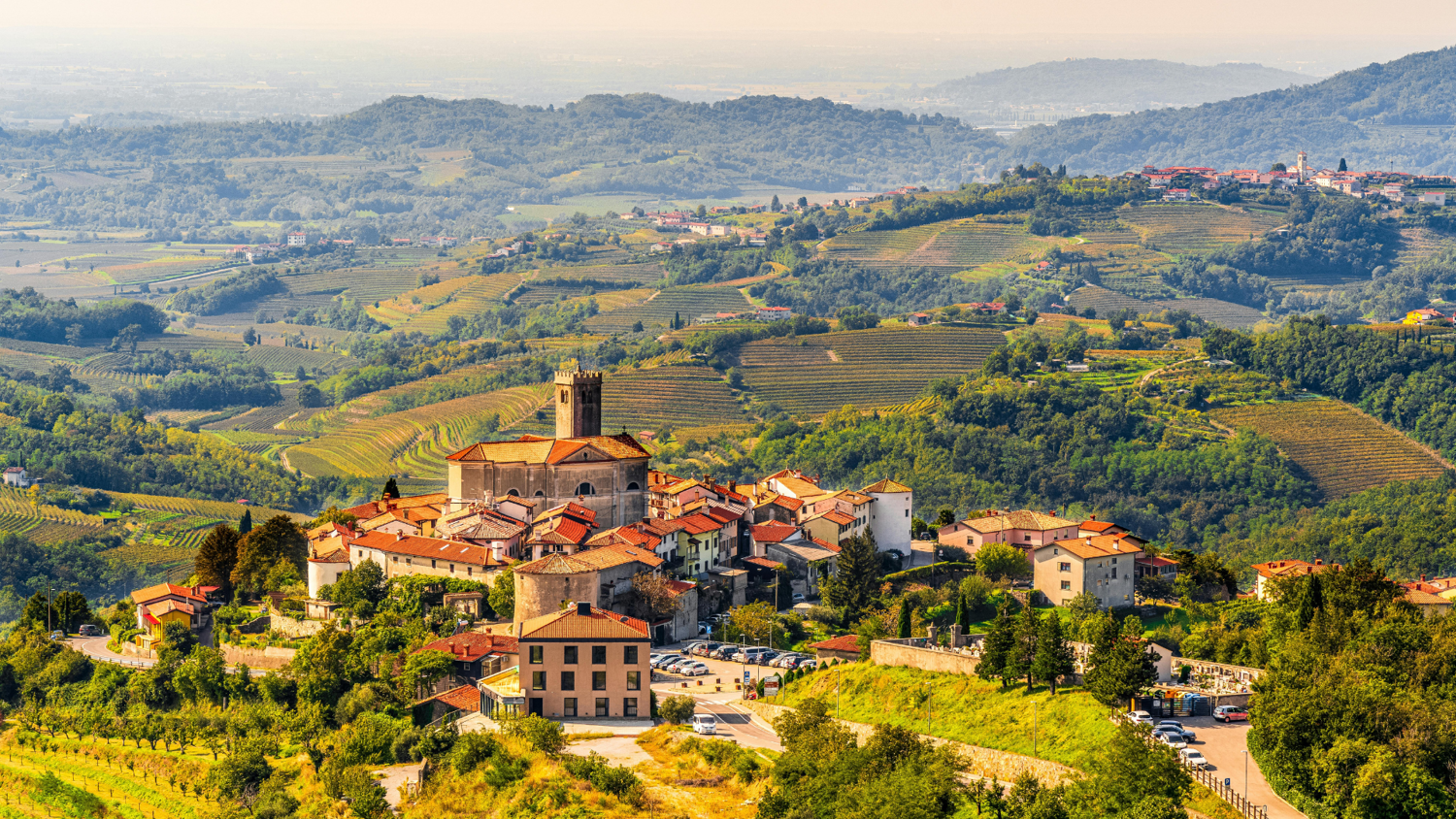
Building a stronger Europe
The Interreg GO! conference (28-29 March 2025) addresses key challenges facing border regions and the wider EU, from border security and migration to climate threats and disaster response.
This series of articles explores the themes of the event, including innovation, disaster risk management, the green transition, health, and better governance. Each article shows how Interreg projects are delivering real solutions through regional cooperation.
Discover how 35 years of collaboration across borders have shaped Europe, and explore what comes next.
This series showcases real examples of Interreg projects that have improved people’s lives across Europe. You will see how cooperation across borders helps tackle common challenges and builds a stronger, more united future.
Start exploring the series
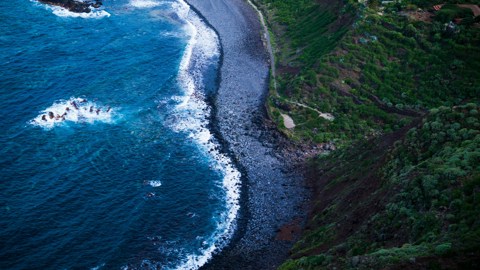
Collaborating for water: Sustainable solutions across European borders
In the hills where Italy and Slovenia meet, wine has long been a cultural connection. In the hills where Italy and Slovenia meet, wine has long been a cultural connection. But climate change is making it harder to keep vineyards healthy.
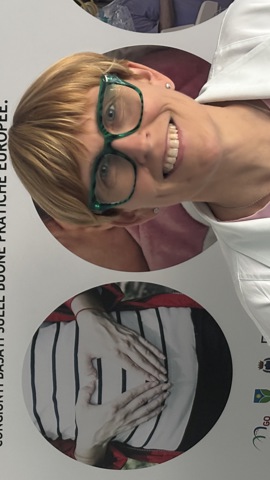
Improving maternity care across borders: 'We were proud of what we had learned' – Dr. Alenka Zavrtanik Čelan
Dr. Alenka Zavrtanik Čelan, a specialist in gynaecology and obstetrics with three decades of experience is is the Head of the Gynaecology and Obstetrics Department at General Hospital Šempeter pri Gorici, a regional hospital serving the Goriška region. Located in Slovenia’s westernmost region, the hospital serves the sparsly populated Goriška region, including remote mountain communities.
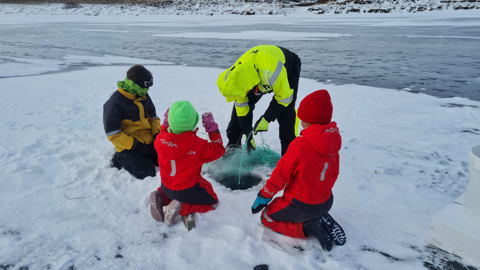
How regions are removing obstacles to cooperation
Languages, cultural mindsets, lack of trust, legal frameworks, administrative systems are common barriers to effective cooperation between regions and countries. Local and regional actors need to assess those challenges before designing or implementing new services that can improve the quality of life of citizens in a given territory.

'Disasters do not recognise administrative boundaries' – Dr. Nicola Tollin
Effective disaster risk management (DRM) is essential to help European cities and prepare for increasingly frequent shocks and stresses.
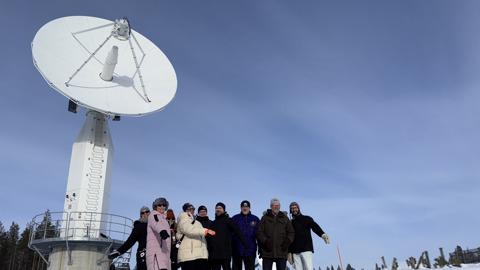
Interreg Aurora: Connecting the Arctic to the space economy
In the Arctic regions of Sweden, Finland, and Norway, young people are increasingly drawn to careers in the space sector. Space technology and data are already shaping industries across Europe, supporting businesses and driving innovation. But how can local companies access these opportunities? And how can students find a clear path into the space economy?
